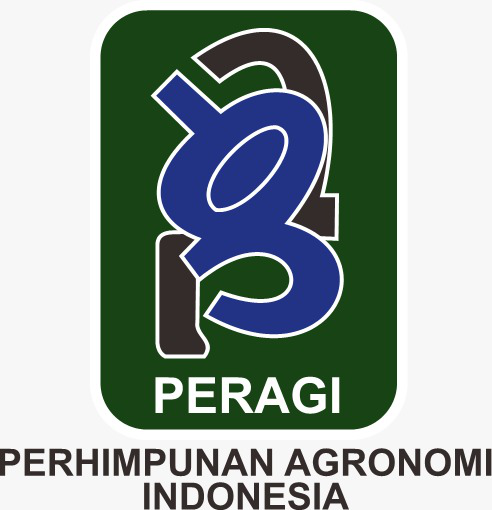The Effect of Frequencies Spraying of Forest Betel Leaf Extracts on Snails In Moringa Plants
Abstract
Moringa is a superior plant that has been widely developed in Indonesia. One of the obstacles found in the moringa nursery is the attack of snail pests (Achatina fulica Fer.). Pest control which is currently mostly carried out using synthetic chemical pesticides can have a negative impact on the environment. Therefore, an alternative pest control is needed, namely using vegetable pesticides from forest betel nut (Piper aduncum Linn.). This study aims to obtain the effective concentration of betel nut extract in controlling snails. The research was conducted at the Experimental Garden Technical Implementation Unit, Faculty of Agriculture, University of Riau. The research was conducted in January 2023 - May 2023. Testing the frequency of spraying forest betel leaf extract against snail pests, used a completely randomized design (CRD) with 4 treatments and 4 replications to obtain 16 experimental units. The treatment was without spraying forest betel extract, spraying intervals of forest betel extract 1 × 1 week, 1 × 2 weeks and 1 × 3 weeks. Based on the observations, spraying forest betel leaf extract once a week is the best frequency because it can cause 100% mortality with an initial death time of 18.75 hours after application, Lethal Time 50 191.25 hours after application, and an attack intensity of 4.35%.
Downloads
Copyright (c) 2023 Michael Daru Enggar Wiratmoko, Rusli Rustam, Hafiz Fauzana

This work is licensed under a Creative Commons Attribution 4.0 International License.
Authors who publish with Jurnal Agronomi Tanaman Tropika (JUATIKA) agree to the following terms:
Authors retain copyright and grant the Jurnal Agronomi Tanaman Tropika (JUATIKA) right of first publication with the work simultaneously licensed under a Creative Commons Attribution License (CC BY 4.0) that allows others to share (copy and redistribute the material in any medium or format) and adapt (remix, transform, and build upon the material for any purpose, even commercially) with an acknowledgment of the work's authorship and initial publication in Jurnal Agronomi Tanaman Tropika (JUATIKA).
Authors are able to enter into separate, additional contractual arrangements for the non-exclusive distribution of the journal's published version of the work (e.g., post it to an institutional repository or publish it in a book), with an acknowledgment of its initial publication in Jurnal Agronomi Tanaman Tropika (JUATIKA). Authors are permitted and encouraged to post their work online (e.g., in institutional repositories or on their website) prior to and during the submission process, as it can lead to productive exchanges, as well as earlier and greater citation of published work.







 More Information
More Information



